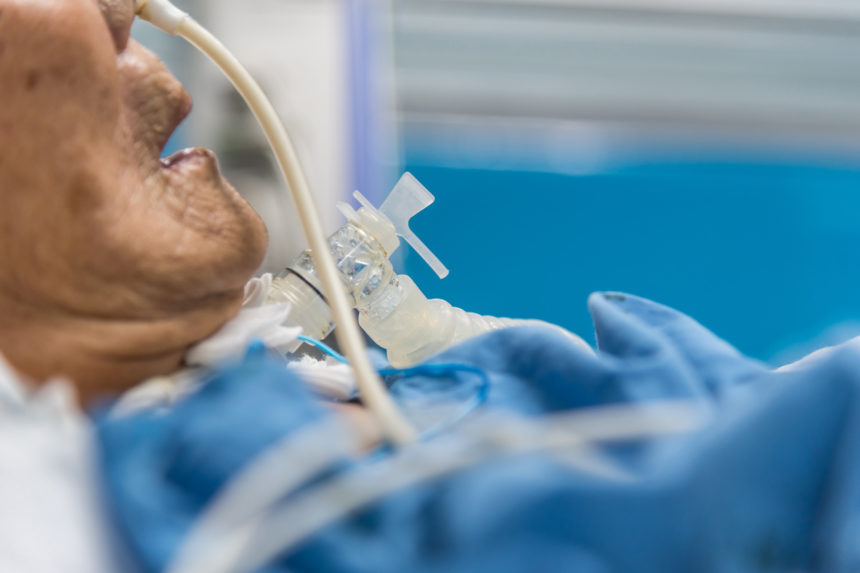
New research suggests modern ventilators, which have been used frequently in recent years to treat COVID-19 patients, may cause lasting damage to the lungs.
Researchers from the University of California at Riverside studied the effects of ventilators on lung function. They found that patients who are on breathing machines for extended periods of time experience a decline in overall lung health.
The article explored two common mechanical ventilation methods: positive pressure ventilation and negative pressure ventilation. Positive pressure ventilation involves the pumping of air or oxygen into the lungs for patients that can’t breathe on their own. Negative pressure ventilation stimulates a person’s breathing by applying negative air pressure on the outside of the chest to improve lung and air flow.
Researchers found patients who received negative pressure ventilation were less likely to experience lung damage than those who had positive pressure ventilation. They found that ventilators that push air directly into the lungs can overstretch the lung tissue and can cause damage over time.
“Equivalent changes in transpulmonary pressures in PPV and NPV lead to the same changes in lung volume and pressures, yet local tissue strains differ between PPV and NPV,” the authors wrote in the study’s abstract. “While limited to healthy specimens and ex-vivo experiments in the absence of a chest cavity, these results may explain previous reports of better oxygenation and less lung injury in NPV.”
The study appeared in the American Journal of Respiratory and Critical Care Medicine.



